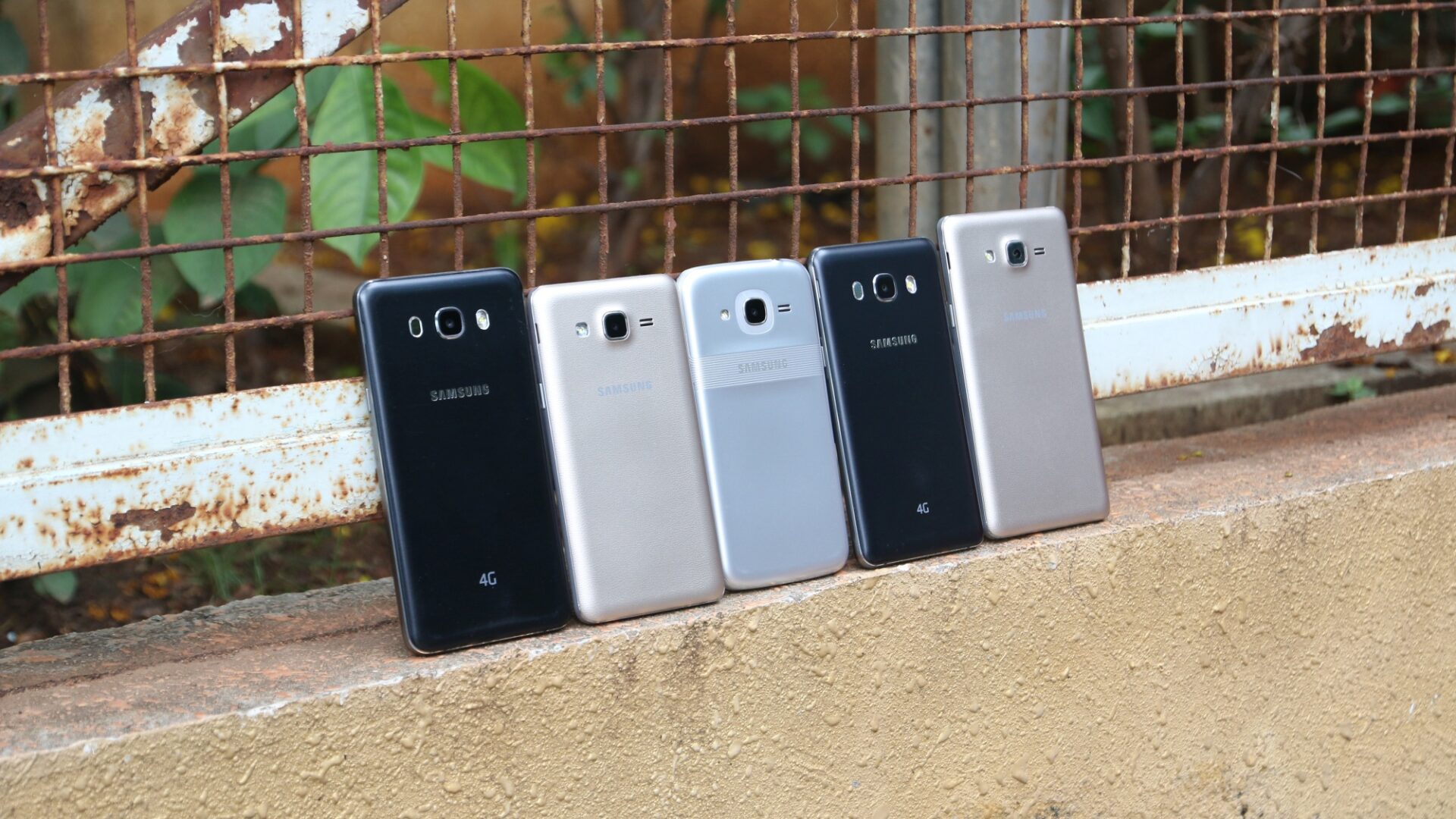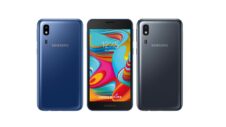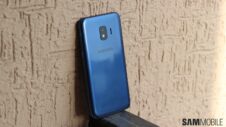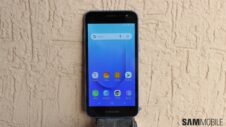Samsung didn't stick around long for the Google Play Edition program that the maker of the Android OS envisioned a couple of years ago, and neither did other manufacturers. What was the Google Play Edition program? Well, it was what many had always dreamed of: Samsung's flagship hardware running a stock version of Android and software updates coming directly from Google. The manufacturers still were in charge of pushing out the updates, but they only needed to make sure the new software worked with their proprietary hardware instead of adding any custom skin or features on top. In any case, that program didn't go on for long, and Google soon buried it in its backyard (probably next to one of the Android statues).
Stock Android the answer for Samsung's budget phone problems?
Google later turned its attention to the budget segment with the Android One program, which saw a few OEMs launch affordable phones with stock Android and, again, direct updates from the internet giant. The Android One program still exists, but Samsung didn't show any interest in putting out Android One phones, probably because the price segment targeted by Android One is one which allows the company to offer hardware good enough to run its heavy TouchWiz – now renamed Samsung Experience – user interface. For ultra-budget smartphones, Samsung turned to Tizen, its proprietary operating system, and even has plans to bring Tizen handsets to more markets around the world.
But, as the benchmark for an upcoming Samsung device has revealed, the company could be planning on launching an Android Go smartphone. Android Go is Google's attempt to have Android run well on devices with less than 1GB of RAM, exactly the kind that Samsung puts Tizen on, and it's a rather surprising development. Well, maybe not surprising since Tizen phones can never be expected to match parity with the features and apps available on Android, but a company that sells smartphones on the very idea that its consumers have a consistent experience will find itself under the spotlight with an Android Go smartphone.
And, frankly, it's a good step, one that Samsung should have taken a long time ago, only Google wasn't offering something like Android Go until Oreo came out. Now that Samsung is making the move, however, we here at SamMobile have been wondering if the Korean conglomerate should start using stock Android for its regular budget smartphones – the Galaxy J series in particular – as well.
Other than the recently launched Galaxy J7 Duo, Samsung's J series phones have always been underpowered. Not only underpowered because of their specs, but because the company's custom Android software isn't optimized enough to run well on budget hardware. Using Android One or just regular stock Android, perhaps with a custom version of the camera app and other really important features, would allow Samsung's budget phones to offer a considerably smoother and faster user experience. We know it can't match Xiaomi or other Chinese OEMs when it comes to equipping affordable phones with hardware from a price segment or two above, but getting rid of TouchWiz/Samsung Experience would make it much easier for people to recommend and buy its budget phones.
As always, one can point out that Samsung's customized version of Android has features that you don't get on stock Android and that it also enables a consistency in user experience for the company's millions of consumers. What's the point of all that, however, if Samsung's phones start to lag and stutter in a few months and make the user tear their hair out in frustration? TouchWiz/Samsung Experience isn't getting any more optimized, and unless Samsung can work some magic, perhaps letting go of its custom UX is a cheaper, faster, and more sensible thing to do.
What do you think? Is it high time Samsung realized that stock Android would be better for its budget phones as far as performance and the user experience is concerned, or do you think it should just focus on optimization and perhaps try offering better hardware for lower prices? Vote in the poll below to let us know what you think, and also leave a comment to get a discussion going!
Results: Well, it looks like quite a few people think Samsung should switch to stock Android for its budget phones. 41 percent, to be exact, while 33 percent of voters would prefer the company optimize its software. Which, of course, would be the best course of action as it would also make the company's software faster on mid-range and high-end devices, which don't run as well as they should, either. 22 percent voters would like to see stock Android on all of Samsung's devices, while 4 percent think letting go of the budget market would be the best thing to do. Certainly something to think about for Samsung, as it will never be able to match the specs and value-for-money factor of the competition from China.





